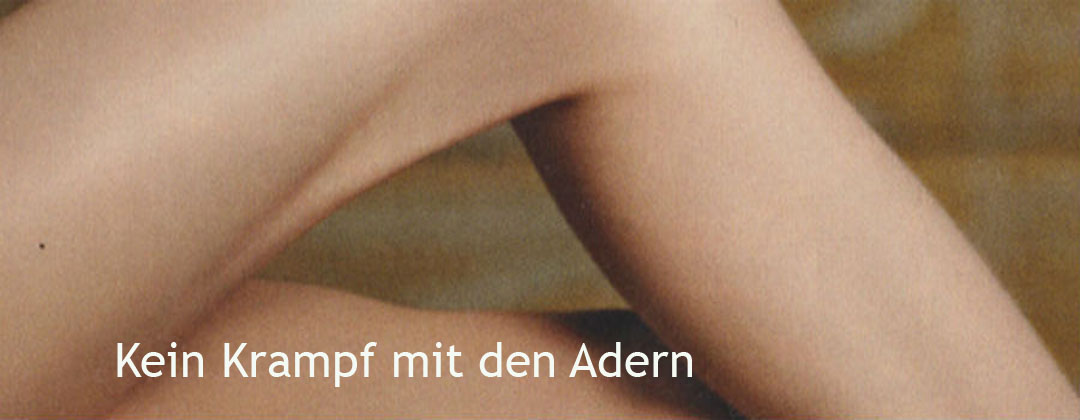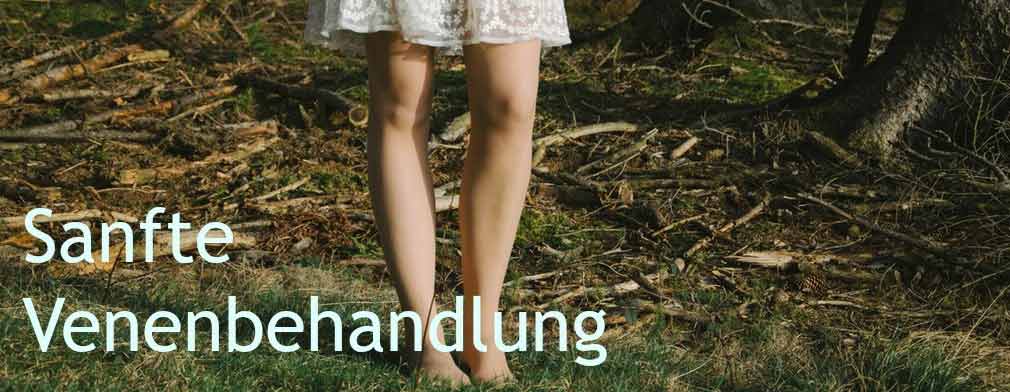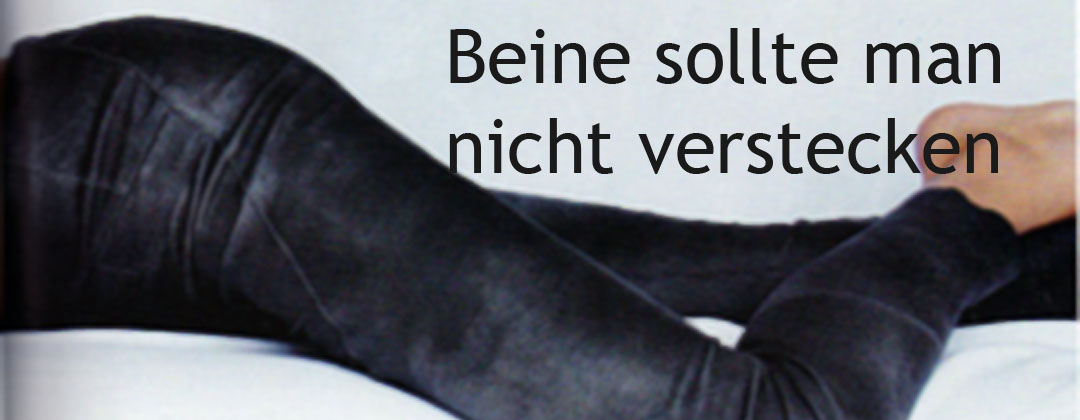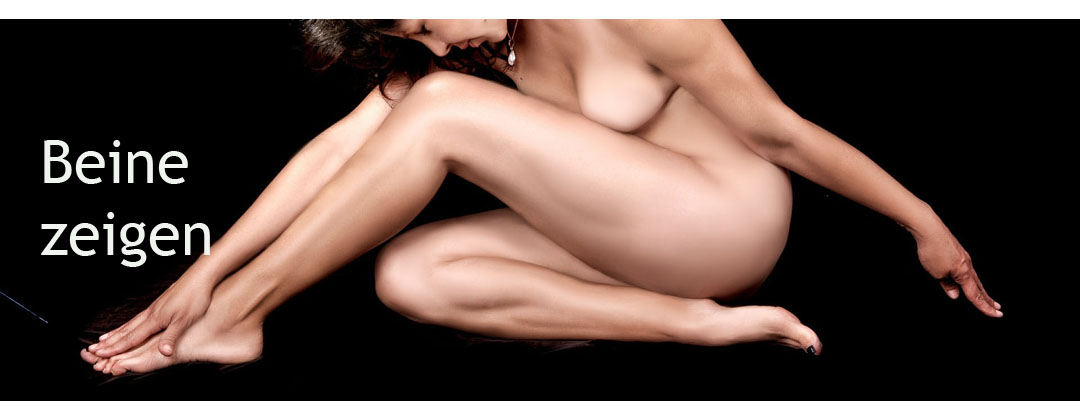Reticular veins
Teleangiectasia of superficial veins
Overview
Reticular Veins
Reticular veins, or dermal flares, are very fine dilated veins situated just beneath the surface of the skin. Heredity, as with larger varicose veins, is an influencing factor as are hormonal surges at the onset of menstruation and during pregnancy. In some patients they are associated with varicose veins but in other people they occur without any problems associated with their deeper veins. It is essential that patients with thread veins undergo a venous assessment to make sure that there is no underlying condition causing them. Treating surface veins in the presence of varicose veins, even though they are not visible, results in them returning quickly and giving an unsatisfactory result.
Mild to severe pain as well as fatigue, aching and throbbingare not associated with reticular veins or dermal flares. This can quite often be cyclical in women and related to their periods. Such symptoms that present with larger varicose veins do not always disappear following surgery but do diminish with subsequent sclerotherapy treatment for thread veins. The best form of treatment for these small veins is microsclerotherapy.
Microsclerotherapy
Microsclerotherapy is a technique used for the removal of surface and spider veins. It involves injections with a very fine needle of a sclerosing agent which has an irritant effect on the lining of the veins causing the walls of the veins to stick together. Blood stops flowing through the veins, which are then absorbed by the body’s natural defence mechanisms over a period of three months. The blood is then directed back to the deeper venous system.
The procedures are carried out by specialist nurses under the supervision of experienced vascular surgeons who are ultimately responsible for the treatments.
Bruising can last anything from two weeks to three months depending on the size of the blood vessels treated. Due to bruising following injections the treated areas can look worse before they improve and it is necessary to be patient to obtain a good result. Occasionally thicker bruises in larger veins, which can remain for several months, may cause brown discolouration of the skin. This could take up to a year to fade. High compression stockings are worn for up to three days to help reduce the amount of bruising. It is usually advisable to leave a two week period between treatments on the same area to allow bruising to settle.
Certain areas are more susceptible to swelling, particularly the ankle and knee areas. It is also possible for some larger veins to develop a small degree of thrombophlebitis were the vessel can feel hard, warm and a little sore. These symptoms resolve spontaneously and only simple analgesia may be required. Larger veins may require strong compression for a little longer to help minimise this problem.
Fifty percent of vessels treated at any one session usually disappear. At least eighty percent of all vessels treated during the course of microsclerotherapy can be expected to be eradicated. Unfortunately there are always a few exceptions.
It is possible to drive immediately after a treatment and a brisk walk of 20 minutes is beneficial. Normal exercise can be resumed after 24 hours, including swimming. Air travel may be undertaken straight away but it is advisable to drink plenty of water and to wear class 11 compression stockings on journeys over six hours. As a general rule standing still should be avoided and feet kept elevated whilst sitting.
Patients find that over time a few more thread veins may appear and it is common for an annual or bi-annual ‘tidy-up’ visit.




Good Morning,
I would like to make an appointment but not sure whether to go for the consultation or checking of the vessels direct check.
I have pain in the back of my legs and few blue veins and would really appreciate an appointment.
Regards,
Murad Roaa
We have 2 clinics, one in the 19th district and the other in the city. The receptionist is available from 9 to 18h.
Sieveringer Str. 9, 1190 Vienna
Phone: + 43 1 328 8777
Cell: + 43 676 328 8777
Fax: + 43 1 328 8777 28
Heiligenkreuzerhof
Grashofgasse 3, 1010 Vienna
Phone: + 43 1 512 2458
Cell: + 43 664 12 14 277